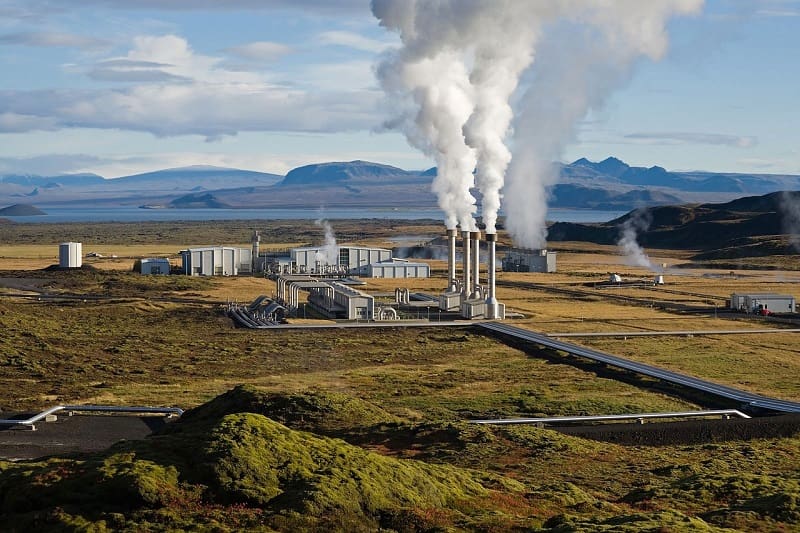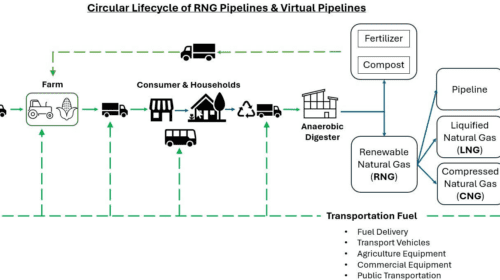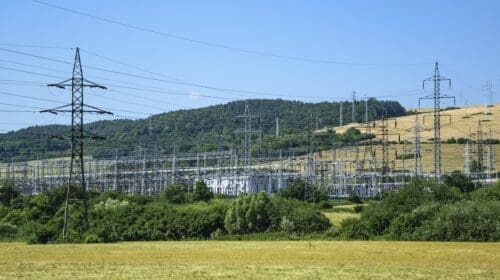While the future of alternative energy considers strengthening, many countries and their governments continue to enhance their energy portfolios. As a result, geothermal energy opportunities have become a significant area of interest as producers ramp up their capability. The U.K., Japan, Kenya, and Indonesia are just a few jumping on the bandwagon in considering how geothermal energy will impact the ability to provide safe and adequate power sources. With more attention directed and funds allocated to geothermal research, technological advancement is expected to hook investor interest and reap the benefits of financial backing.
Geothermal Process
Through the process of geothermal operations, steam is utilized to produce energy. In typical situations, hot water reservoirs are located beneath the Earth’s surface, allowing for the capture of the steam, which turns a turbine to power a generator that creates electricity. The process of producing geothermal energy includes three components: dry steam, flash steam, and binary cycle.
While dry steam power plants concentrate on underground steam resources, flash steam prevails as the more popular methodology depending upon geothermal water reservoirs with temperatures exceeding 182 degrees Celsius. Under just its own pressure, hot water travels through wells underground. The pressure decreases the higher it travels to produce steam for power generation.
Binary steam power plants harness heat from hot water to boil a working fluid, usually, a low boiling point containing an organic compound. After being subjected to vaporization in a heat exchanger, it turns a turbine.
Identifying Opportunity
The U.K. government funded a collaborative effort between the British Geological Survey (BGS) and Arup, a British engineering and consulting firm. Together the entities produced a white paper, ‘The case for deep geothermal energy-unlocking investment at scale in the U.K.’ The report concentrates on identifying opportunities for new geothermal construction projects in Britain to assist in diversifying its alternative energy portfolio.
Companies must drill deep wells to access higher-temperature heat sources when developing geothermal systems. Although the paper supports significant potential in the U.K., large-scale drilling projects come with expensive price tags, which typically have discouraged potential investors from allocating funding.
Funding has instead been directed towards research and development of technological advancement in the renewable energy sector. As a result, geothermal potential points to an economically viable future. The white paper suggests governmental support and promoting geothermal energy as a U.K. renewable energy source to gain investor attention and support. By further establishing a regulatory body, new project development could increase while streamlining the process well into the future.
Off to the Races
The U.K. continues to explore geothermal opportunities, and other countries have recognized the potential, making great strides in bringing dreams to fruition. Chubu Electric Power, one of Japan’s largest utility companies, announced its intentions to buy into a German geothermal energy project. Procuring a 40 percent stake, Chubu plans to join the development of a project in Bavaria. The scope of work will include calling upon Eavor-Loop technology developed by Canada’s startup company, Eavor. This technology transforms sub-surface heat from the Earth’s core into a renewable energy source without relying on underground hot-water pools.
While Chubu initiated its Eavor investment in 2022, Kenya ranked seventh in the geothermal energy production sector. While the 1950s welcomed Kenya’s first geothermal well, and 1981 brought the opening of its first power plant. Geothermal resources account for 47 percent of the country’s power generation. With its commitment to an alternative energy future, Kenya aims to assist the regional development of clean energy power sources that support a global energy transition. Attempting to accomplish the goal, KenGen, the governmental agency that operates the country’s geothermal power plant, currently supplies technical support to neighboring countries since they have drilled multiple geothermal wells in Ethiopia and Djibouti to bring their potential to life.
Following suit, the New Zealand and Indonesian governments recently acknowledged their joint commitment to pursuing geothermal energy projects. PINZ, the Indonesia-Aotearoa New Zeeland Geothermal Energy Program, received an extension to 2028 and a $9.9 million funding allocation from the New Zealand government to cultivate a geothermal industry in Indonesia.
With a concentration on pooling resources and combining funding, governments worldwide are shoring up research and development strategies concentrating on geothermal energy production. While countries look to close the door on a singular energy source dependence, geothermal energy pioneering takes shape with cutting-edge technology to solidify an economically viable future in clean power generation.
Nick Vaccaro is a freelance writer and photographer. In addition to providing technical writing services, he is an HSE consultant in the oil and gas industry with twelve years of experience. Vaccaro also contributes to SHALE Oil and Gas Business Magazine, American Oil and Gas Investor, Oil and Gas Investor, Energies Magazine and Louisiana Sportsman Magazine. He has a BA in photojournalism from Loyola University and resides in the New Orleans area. Vaccaro can be reached at 985-966-0957 or nav@vaccarogroupllc.com.











